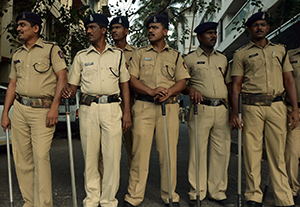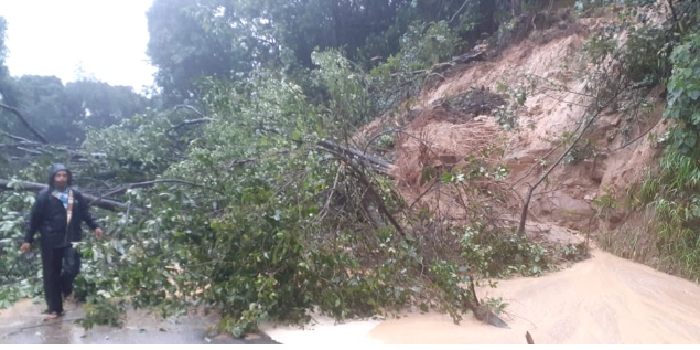Mumbai, Jul 7: Police have been deployed outside the city office of a foundation run by internationally acclaimed orator and advocate of peace, Dr Zakir Naik, who is in news after a section of media tired to drag his name into recent Bangladesh terror attack case.
A senior Mumbai Police official said security personnel have been deployed outside Dr Naik's 'Islamic Research Foundation' office at Dongri area in South Mumbai, as a precautionary measure in the wake of the recent developments.
"We have neither received any threat perception nor particular instructions from the state or Central government. We have deployed our forces only as a precautionary measure to avoid any untoward incident," the official said.
He, however, parried question on whether Mumbai Police has received any particular information or instruction to share some inputs on Dr Naik.
"There is nothing as such. This is something which is being handled at the state and Central government level. But as a law enforcing agency, we are keeping a close eye on the situation," the official said.
Union Minister of State for Home Affairs Kiren Rijiju had yesterday told reporters in Delhi that, "Zakir Naik's speech is a matter of concern for us. Our agencies are working on this. But as a minister, I will not comment what action will be taken."
Bangladeshi newspaper 'Daily Star' had reported that militant Rohan Imtiaz, son of an Awami League leader, ran a propaganda on Facebook last year quoting Dr Naik. The report falsely claimed that Dr Naik urged all Muslims to be terrorists.
Shiv Sena MP Arvind Sawant yesterday said he had written to the Union Home Minister, demanding a ban on Dr Naik and Islamic Research Foundation, in the country's interest.
Also Read:
Will Modi govt take action against Dr Zakir Naik without verifying facts?





Comments
Whole world including communal India worried and scared Zakir Naik since Europe, Western people are converting Islam through Zakir Naiks's preach. They really inspired by Zakir Naik.
When Bush terms, converting rate is gone sky rocket and Modi Govt. scared that rate since whenever they go against Muslims, more non-Muslims get converting. So it's an attempt to avoid. God is the best planner.
Add new comment